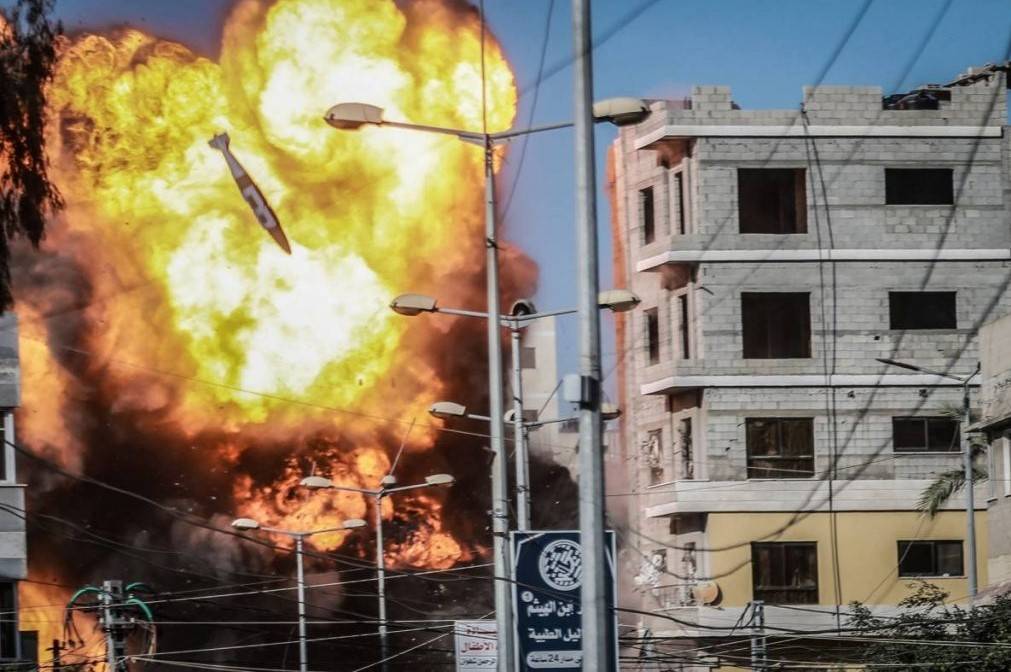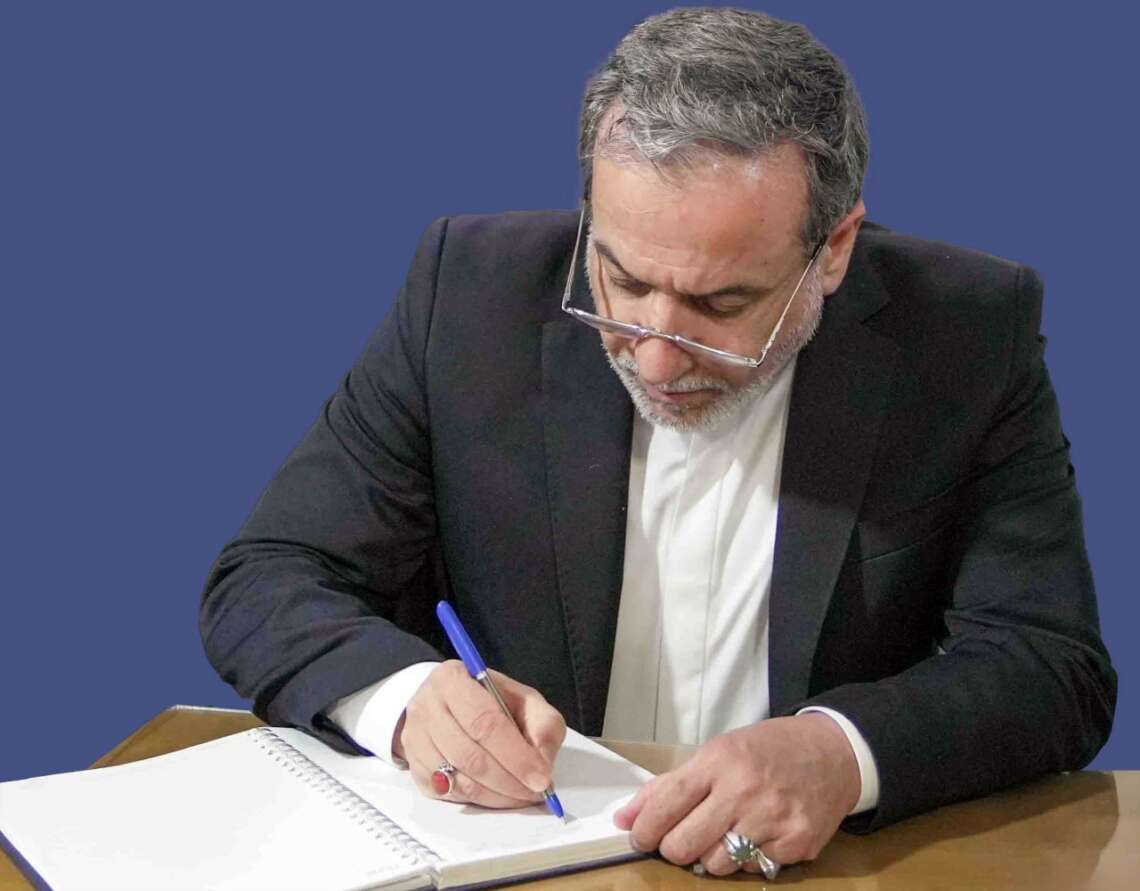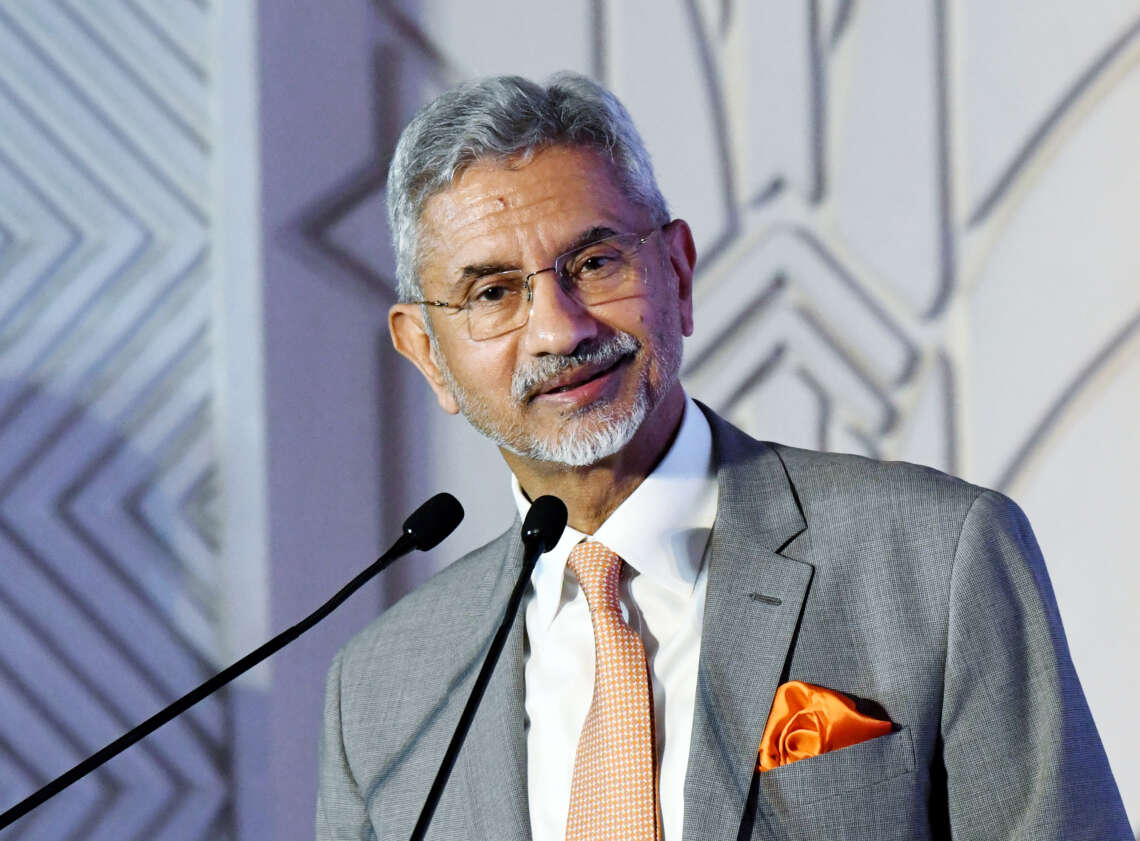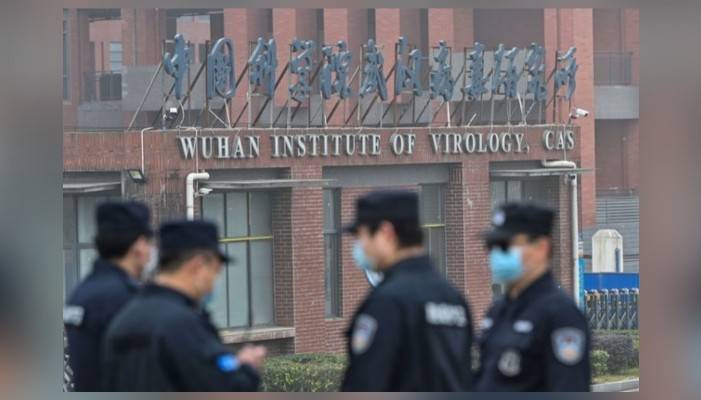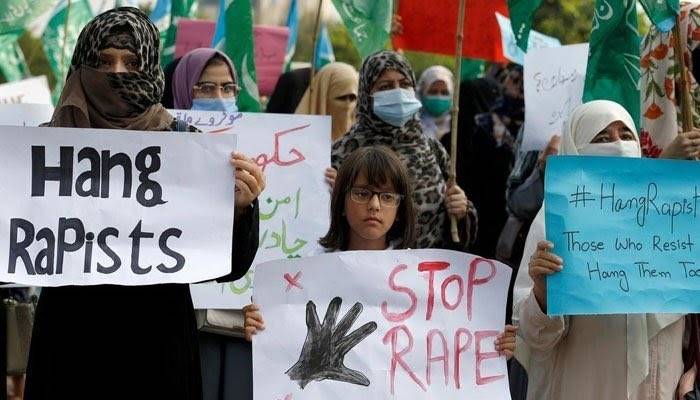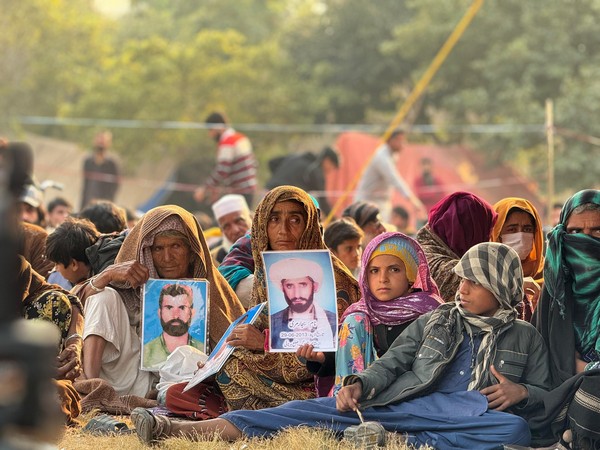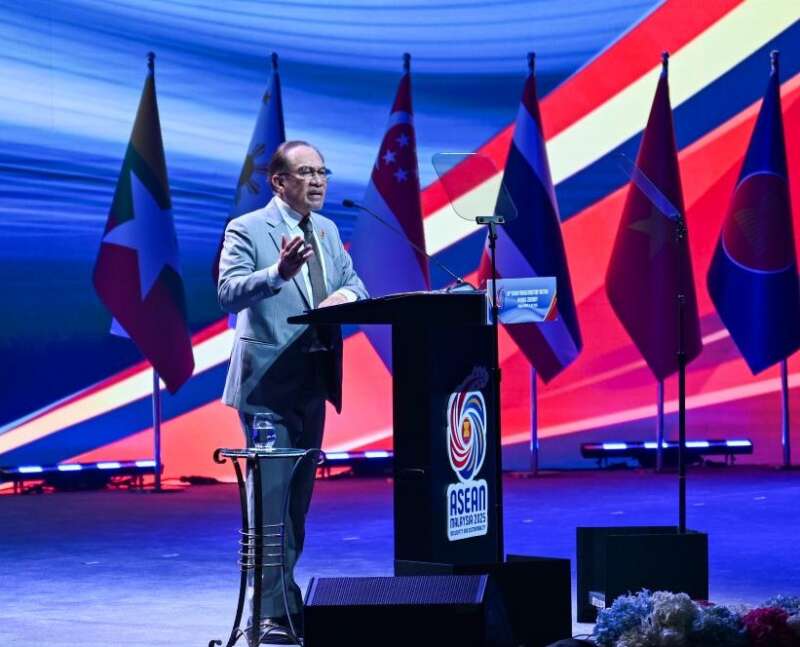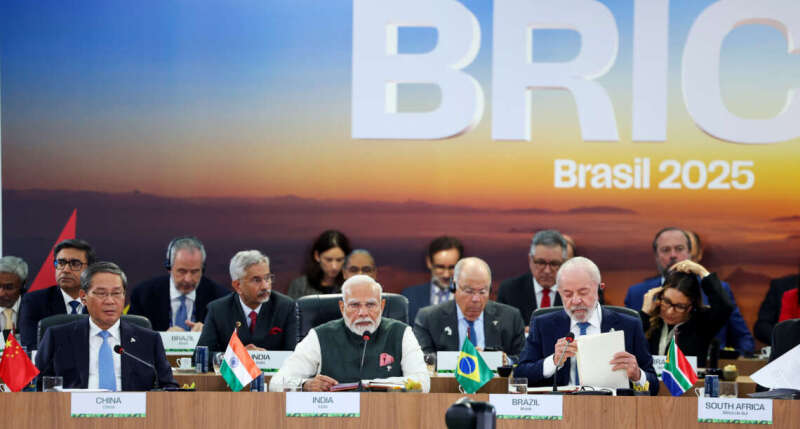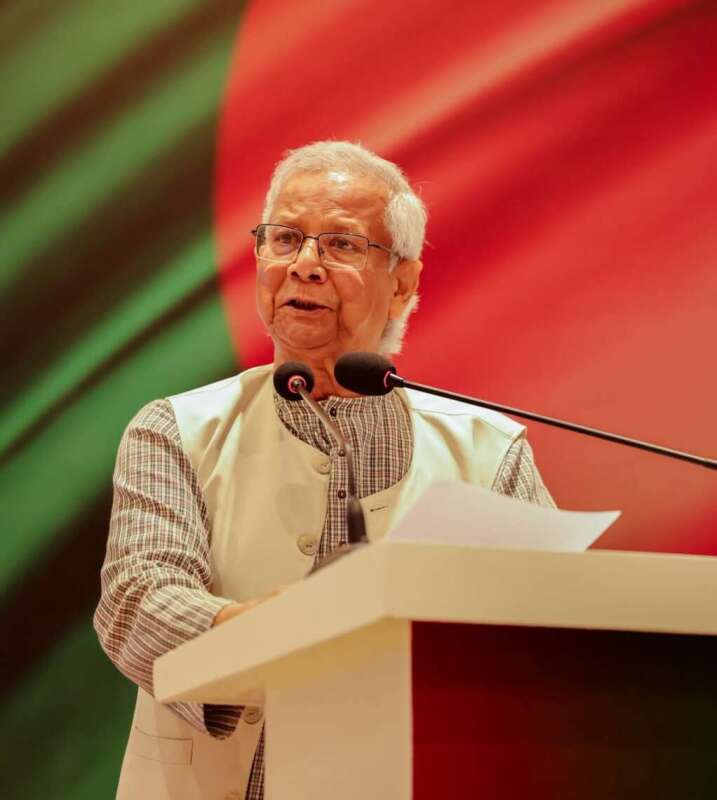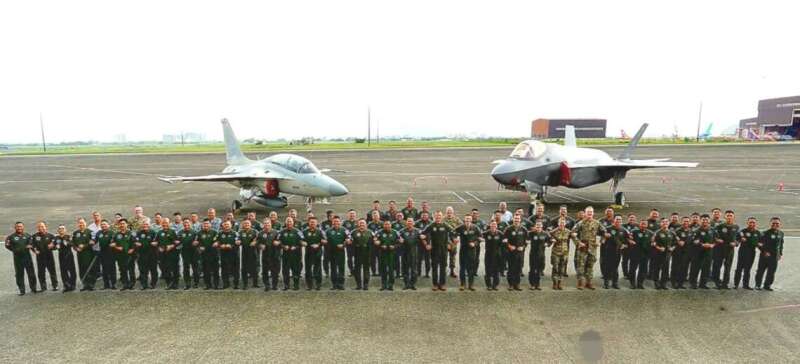Israel’s blatant disregard for the laws of war by bringing down the building which housed major international media outlets shows that not only did Israel have no intention of stopping the bombardment in Gaza but wanted – or even needed – to mute the voice of the media in Palestine … writes Taha Coburn-Kutay
With solidarity for the Palestinians being shown in major cities like Melbourne, Paris, London, New York, Frankfurt, Berlin, Johannesburg, Cape Town, Karachi, Rabat and many more, the Western media – which is largely funded by major Jewish corporations and lobbying groups – are on a sticky wicket.
This dilemma was most recently highlighted by the Foreign Minister of Pakistan, Shah Mehmood Qureshi, in an interview with CNN, where he was accused of being antisemitic for passing a comment on the Western media promoting the Zionists’ occupation of Palestine. Mr Qureshi was quick in rebutting this accusation and highlighted that Israel has misused its power by knowingly killing children and other innocent civilians.
Leaders of Western governments were quiet before their own officials started asserting pressure on them to call for a ceasefire. The world has witnessed how Israel has misused the firepower and technology that it has amassed using funds largely donated by The United States of America. Meanwhile, Jordan, Egypt and Pakistan have played major roles in achieving the current ceasefire yet have not been credited by Western media for this, rather have been painted as secondary players with the USA and its allies taking centre stage in negotiations. Putting pressure on Israel to maintain the current ceasefire, the real peacekeepers Jordan, Egypt and Pakistan have warned there will be consequences—one need not think to hard what this may mean for the wider region.
The Western media saw increased traffic on both old and new media platforms, with the traditional support for Israel waning as younger generations showed support for Palestine. With supply and demand leading the market, as viewers become sympathetic toward Palestine, media will eventually reflect this shift in how it covers the ongoing Israel-Palestine issue. Israel’s blatant disregard for the laws of war by bringing down the building which housed major international media outlets shows that not only did Israel have no intention of stopping the bombardment in Gaza but wanted – or even needed – to mute the voice of the media in Palestine.
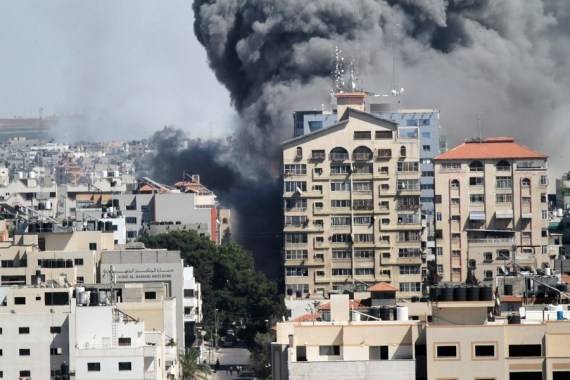
But mainstream media is no longer the only player in these conflicts. For the first time in generations, people all over the world turned their attention to the tumultuous strip of land known as Gaza and largely gave their support for Palestine. What changed? Social media. One of the major factors that affected how this conflict was reported this time around was the amount of civilian-led news that was released from Gaza via social media, putting pressure on mainstream media to report on what they were sharing. But as more videos, photos and reports of Israel targeting civilians in Gaza were shared, Facebook started to censor posts in support and solidarity of Palestine, while pro-Israel content was largely left untouched. Facebook claims this was an error in their algorithm – its up to us as users of the platform to decide if we believe that.
With the most current conflict, support for Palestine in the UK was overwhelming. This may be a redefining moment for how media covers and shows a conflict like Israel-Palestine, as the masses will gravitate toward the media outlet that best reflects their own views. Advertisers will always go with media outlets with highest viewership and readers, adding further pressure on the media to show a balanced view of these conflicts, which is what the public is demanding.
The world has waited more than seven decades for the so-called Superpowers to broker peace in one of the world’s most tumultuous regions. Western media has blood on their hands by furthering the instability by not reporting a balanced view of the conflict. After more than 70 years, it is now normal people across the world who are affecting the most change by shunning biased media, using social media to report a balanced story, and showing their leaders that we will no longer accept silence on these conflicts as being ‘neutral’ – indeed, saying nothing, is saying something.
READ MORE: Gaza turns into graveyard, deaths near 200
READ MORE: India clears stand on Gaza violence


